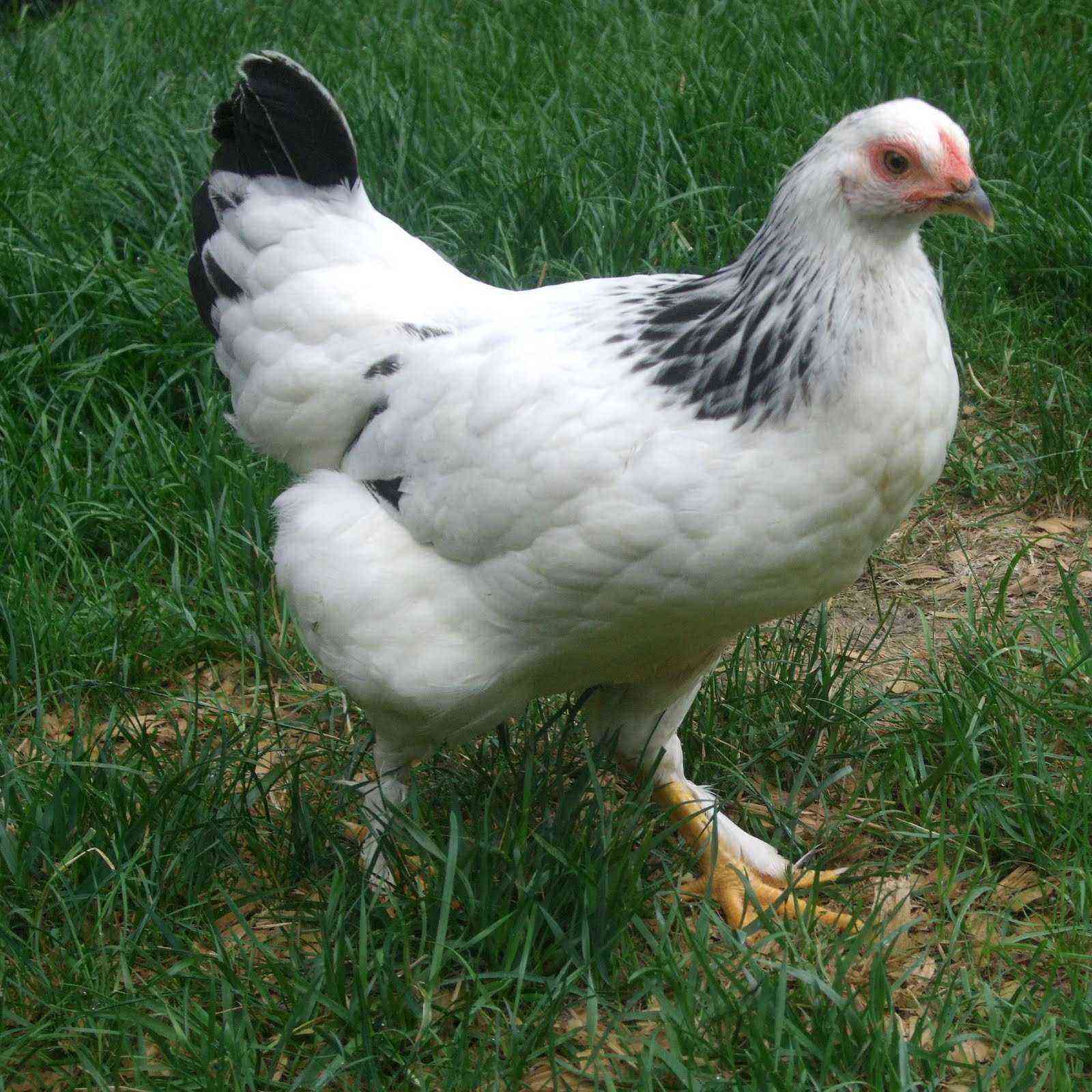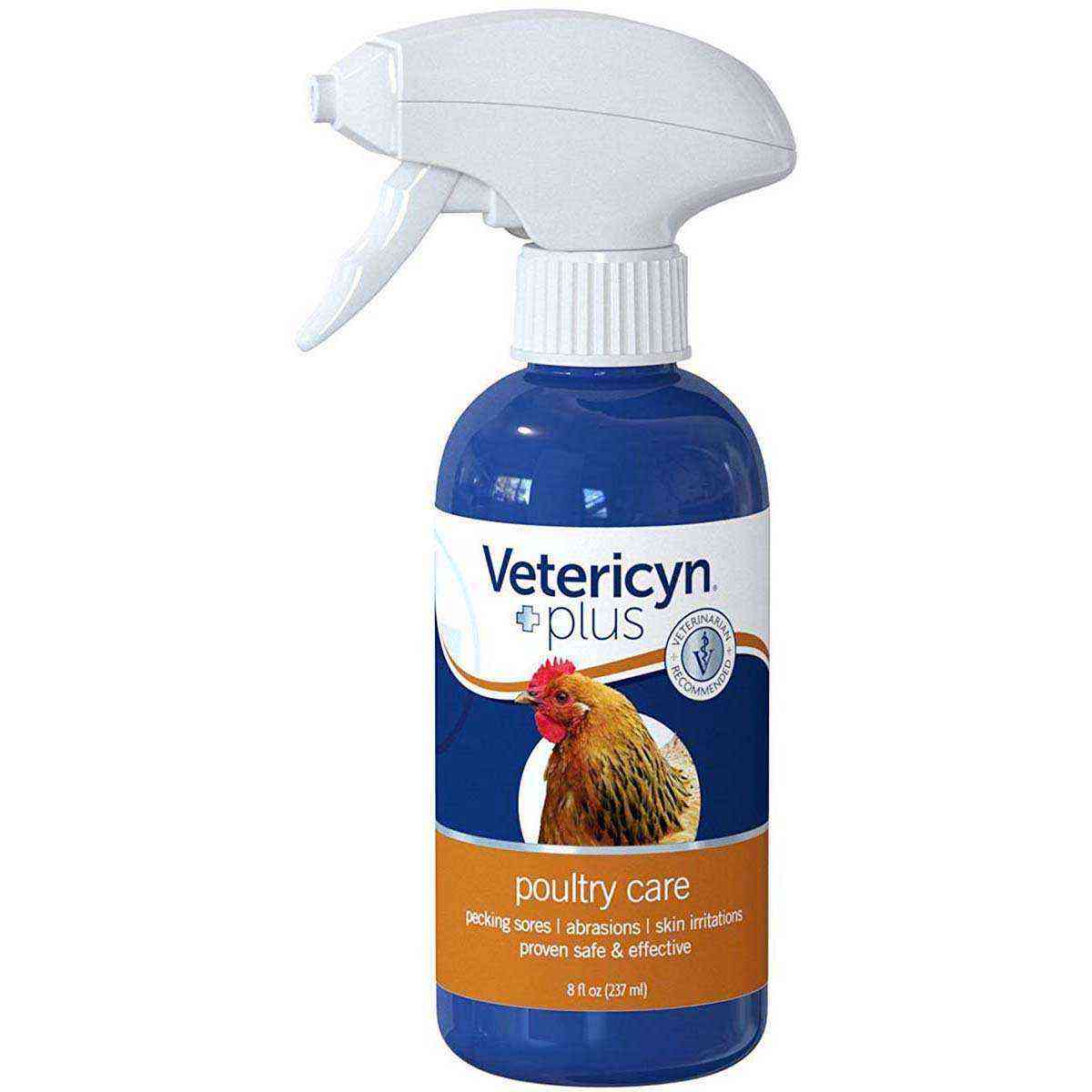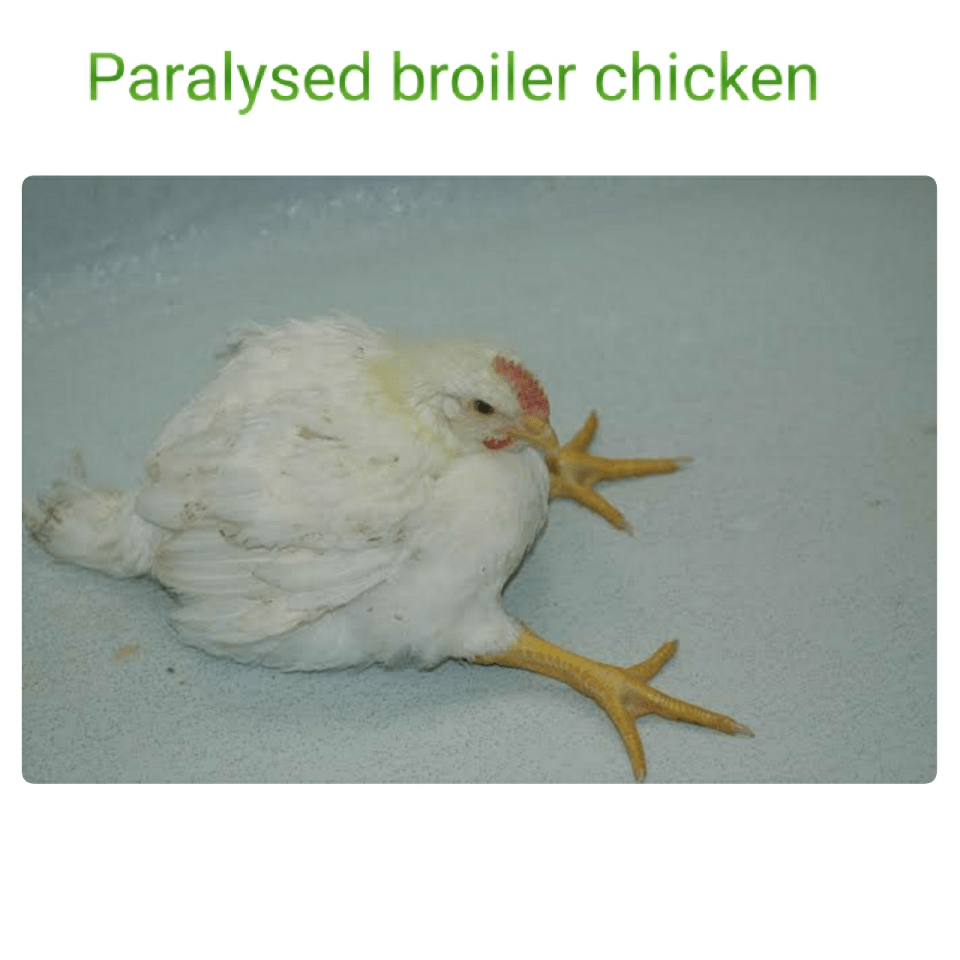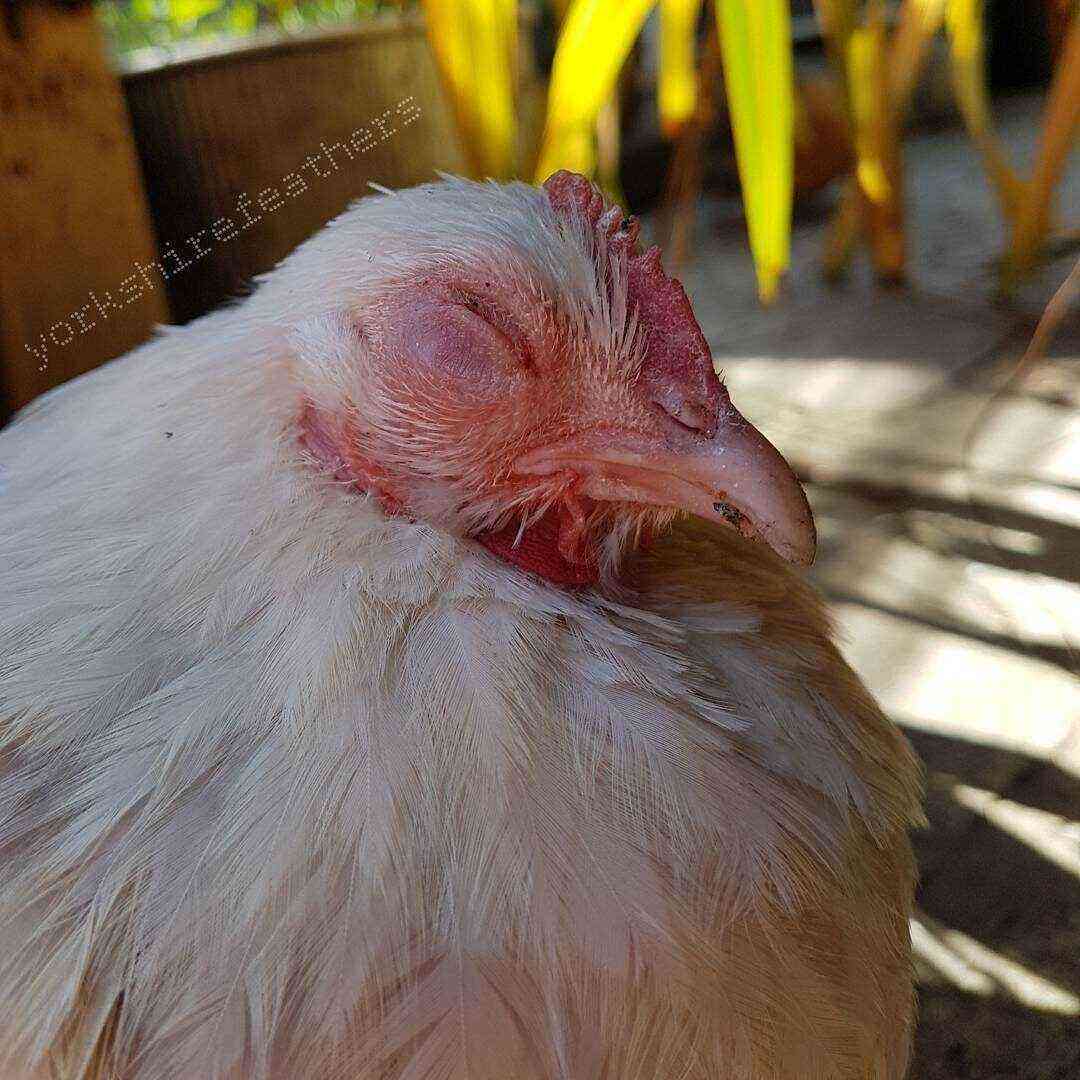Among the numerous diseases that can be observed in chickens, it is impossible to ignore and characterize beriberi C. It indicates that certain certain vitamins are lacking in the bird’s body. The disease leads to a deterioration in the general condition of feathered pets, and also affects the metabolism in their body and disrupts the processes of assimilation and dissimilation.
At first, beriberi C is not dangerous for the health of the bird. If you catch yourself in a timely manner and begin to make up for the lack of vitamins, the chickens will not get sick and their health will be normal. But if you start this disease, do not react in any way to its appearance and development, productivity in feathered pets can greatly decrease, and in some cases they will simply have to be put on meat.
In general, beriberi C occurs in laying hens during oviposition, as well as in young animals, when they need vitamins for normal growth, as well as in roosters, when they begin a period of sexual activity. Not infrequently, the causes of the onset of the disease can be dampness in the room, violation of the rules for keeping feathered pets, lack of light in the chicken coop, crowding of the bird. Another reason why beriberi develops is that chickens do not absorb vitamins well. This happens if individuals have liver problems or the gastrointestinal tract does not work well.
Avitaminosis C is not a contagious disease. However, if it appeared in one individual, it is possible that others can also get sick, because they are kept together, eat the same food, which means that there are not enough vitamins in the feed, the room is dark, damp, etc. First of all, when detecting beriberi in feathered pets, you need to think about whether the food is of high quality and nutritious, whether there are many vitamins in it. It is necessary to diversify their diet more, reduce the amount of grain, compound feed, increase the amount of fresh grass, vegetables, mealy feed fed.
The first signs of beriberi in chickens are lethargy, oppression, the individual is not gaining weight well, and is stunted. Its appearance often leads to the development of infectious diseases. The disease is accompanied by a change in the appearance of feathered pets. Their eyelids and beak become pale, feathers fall out, and those that remain grow dull. After some time, bruises appear on the body, which then provoke the development of ulcerative dermatitis. If you start the disease, the legs swell in chickens, appetite is disturbed, weight drops rapidly, and the oral cavity is affected.
It is necessary to start the treatment of beriberi with the inclusion of food rich in vitamins in the diet of feathered pets: nettles, carrots, cabbage, tomatoes, fresh grass, dandelion leaves and others. You can specifically purchase and feed ascorbic acid. If the bird is not treated, it will certainly die.
Preventive measures for beriberi C include proper, full-fledged feeding of birds, diversity in their diet, as well as keeping feathered pets in good conditions: a clean and bright room, where there is no dampness and dirt.








































